Summary
- Summer, heat and disturbed sleep
- Why does extreme heat affect sleep?
- Our tips for surviving summer nights
· Favor a light diet and stay well hydrated
· Wear loose, lightweight sleepwear
· Take a warm shower before going to bed
· Ventilate and optimize the sleeping environment
· Choose breathable, summer-friendly bedding
- Summer, heat and disturbed sleep
Summer brings sunny days, even in Brittany, where our Bdreams showroom is located. Sunny days mean vacations, beaches, and drinks... but also intense heat and sweat!
With global warming, summers are getting hotter and heatwaves more frequent. As a result, we often have trouble sleeping at night. That's why we've put together an article explaining the common causes and solutions to bring a little freshness to your nights.
2. Why does extreme heat affect sleep? Why do we have trouble sleeping when it's hot?
When it's hot, the body tries to cool itself naturally through perspiration. The goal is to release excess heat into the environment and maintain its normal temperature. However, this mechanism requires intense physiological activity that disrupts our sleep. Indeed, the increase in ambient temperature will significantly impede falling asleep. If you sleep too covered, or if the temperature in your room is too high, your body temperature will not decrease and the sleep onset phase will be made more difficult, leading to frequent nighttime awakenings, and sometimes even severe insomnia. During a normal night, our body tries to lower its temperature to 36 degrees to facilitate falling asleep. However, a hot sleeping environment will disrupt the quality of normal sleep cycles, including a decrease in deep sleep time and REM sleep time. So it's not just falling asleep, but also all the phases of sleep that will be impacted and accompanied, such as during a night of insomnia, fatigue upon waking, difficulty concentrating, and mood disorders during the day.
In conclusion, the ideal way to sleep well is to maintain a relatively low room temperature (23°C). To do this, we'll give you some tips to help you cool down during summer nights.
3. Our tips for surviving summer nights
· Choose a light diet and stay well hydrated before going to sleep.
Dehydration is one of the main causes of difficulty falling asleep. It is therefore important to drink at least 1.5 liters of water during the day to avoid nighttime dehydration in hot weather. Keep a small bottle of cold water by your bed in case you wake up during the night. Alcohol and sugary drinks should obviously be avoided. In addition, it is advisable to eat light meals before bed so that your stomach can digest more easily without expending too much energy.
· Wear loose, lightweight sleepwear
To make it easier to fall asleep and limit perspiration in hot weather, choose soft, lightweight, and breathable clothing like cotton, linen, or bamboo. These natural materials absorb perspiration and allow for proper thermal regulation of your skin. Conversely, some synthetic materials like polyester or viscose are known for being very poorly breathable and retaining heat. Finally, you can of course sleep naked for the less modest among you, but this requires the body to make an effort to regulate its temperature. It is therefore recommended to cover yourself with a sheet made of natural material, which allows air to circulate better.
· Take a warm shower just before going to bed
As mentioned earlier, the body needs to cool down to sleep well. That's why it's recommended to take a lukewarm shower before bed. However, avoid water that's too cold, which will be counterproductive because it increases your heart rate and generates heat production in the body.
· Ventilate your sleeping environment as much as possible
Preferably, keep windows and shutters closed during the day, especially in rooms exposed to sunlight. Open them at night to create drafts, only if the outside air is cooler than the air inside. You can also sleep near a fan or air conditioner, but be careful not to point it toward the bed to avoid catching a cold at night. Try to limit the temperature difference and program it to turn off some time after falling asleep to avoid catching a cold.
· Opt for breathable bedding
During heatwaves, it's best to ditch winter duvets and blankets and opt instead for lightweight, breathable bedding. Sleeping with layers on your body increases your perspiration and therefore impairs sleep. Cooling pillows , mattresses , and mattress toppers are now available in bedding stores. Foams can contain cooling micro-gel beads or covers made with thermo-regulating microcapsules. If you want to sleep with a duvet when it's hot, also consider changing the weight of your duvet .
Additionally, you can add a little freshness to your sleeping space with more breathable mattress toppers like our Bdreams Soft mattress topper with its ultra-breathable open-cell foam or our memory foam pillow with its micro-gel bead injections. It helps maintain a cooler feeling than other foams.
While we enjoy the good weather, the summer heat disrupts our sleep. So, you can apply our tips and invest in bedding that's more suitable for summer, for example.


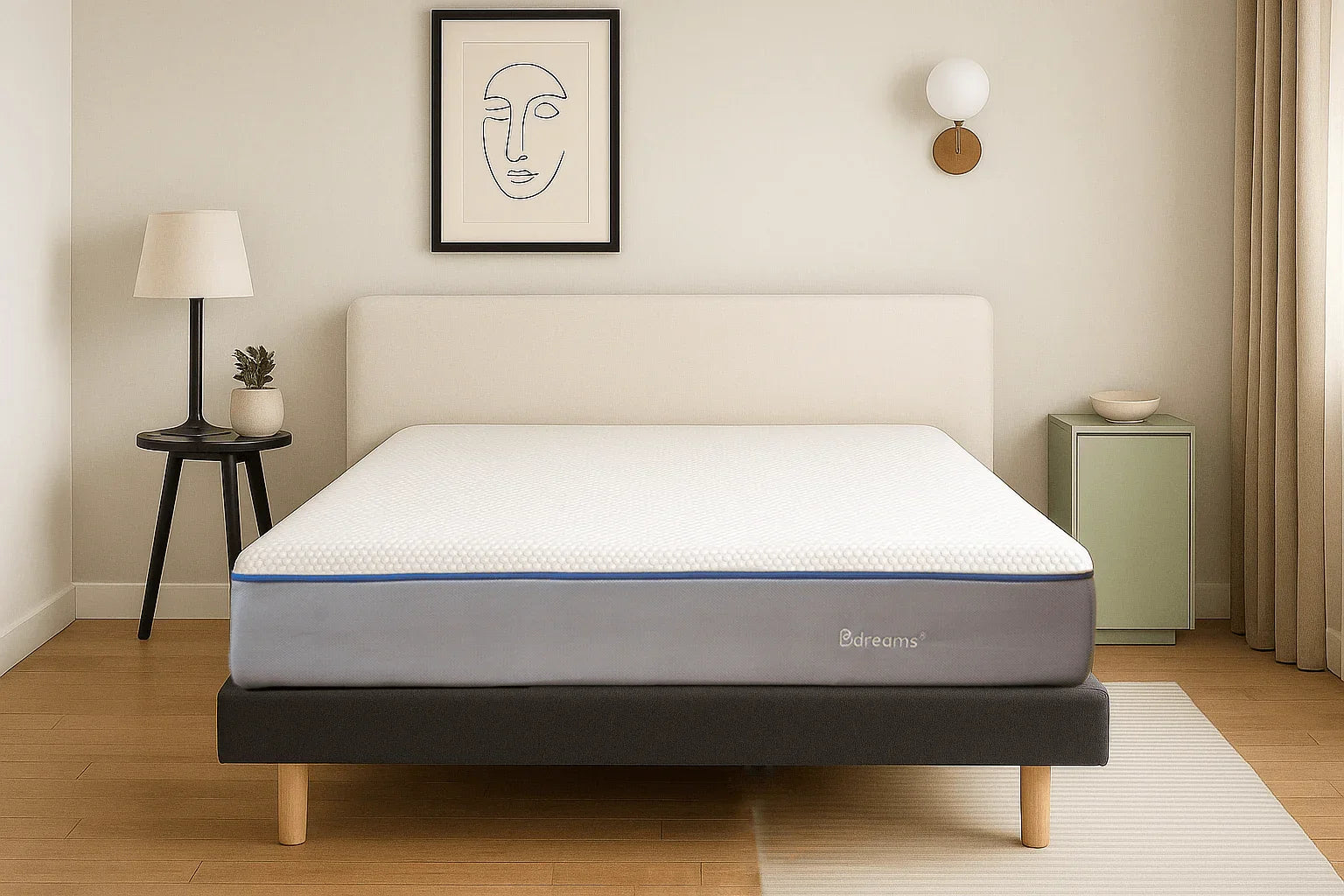
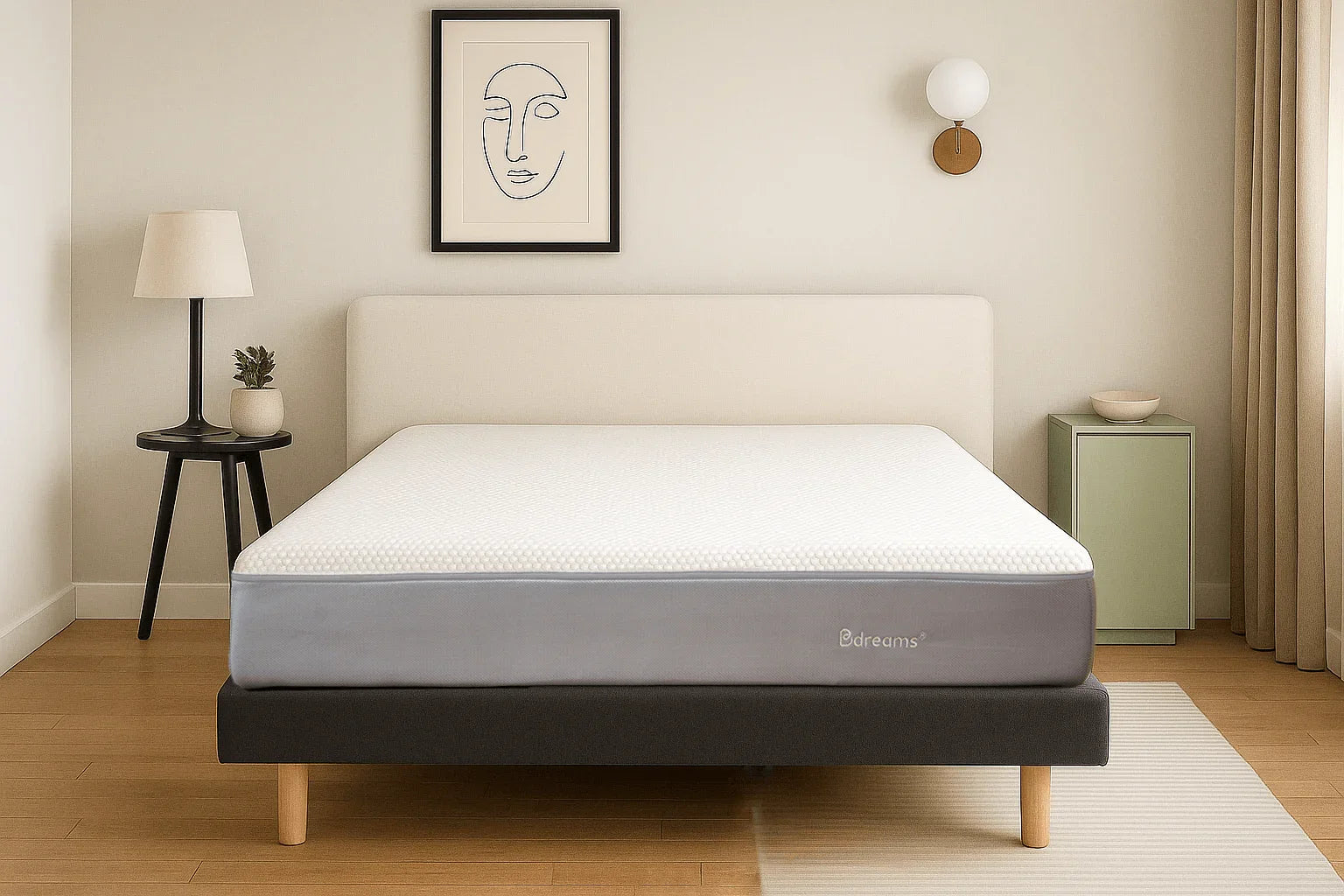
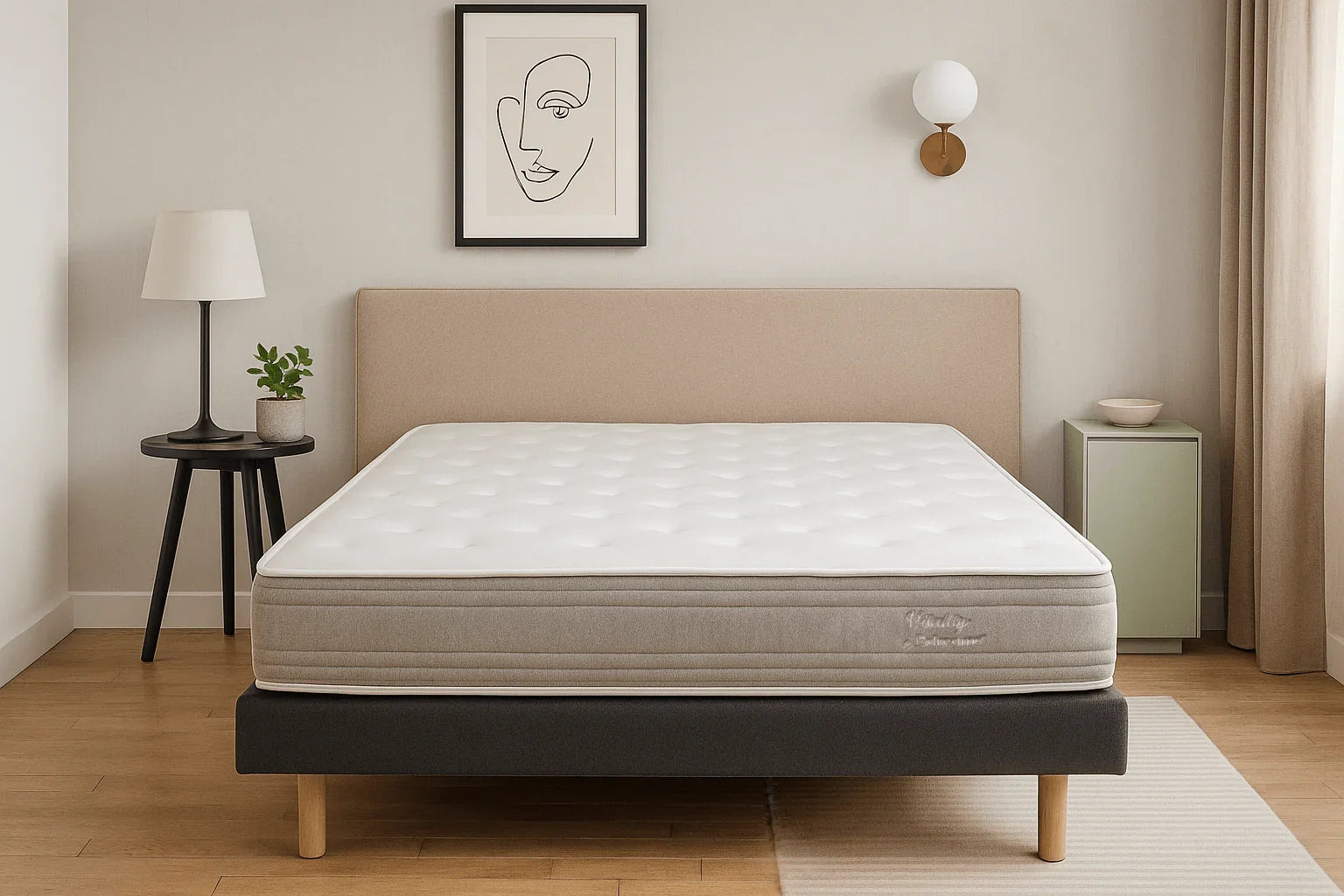
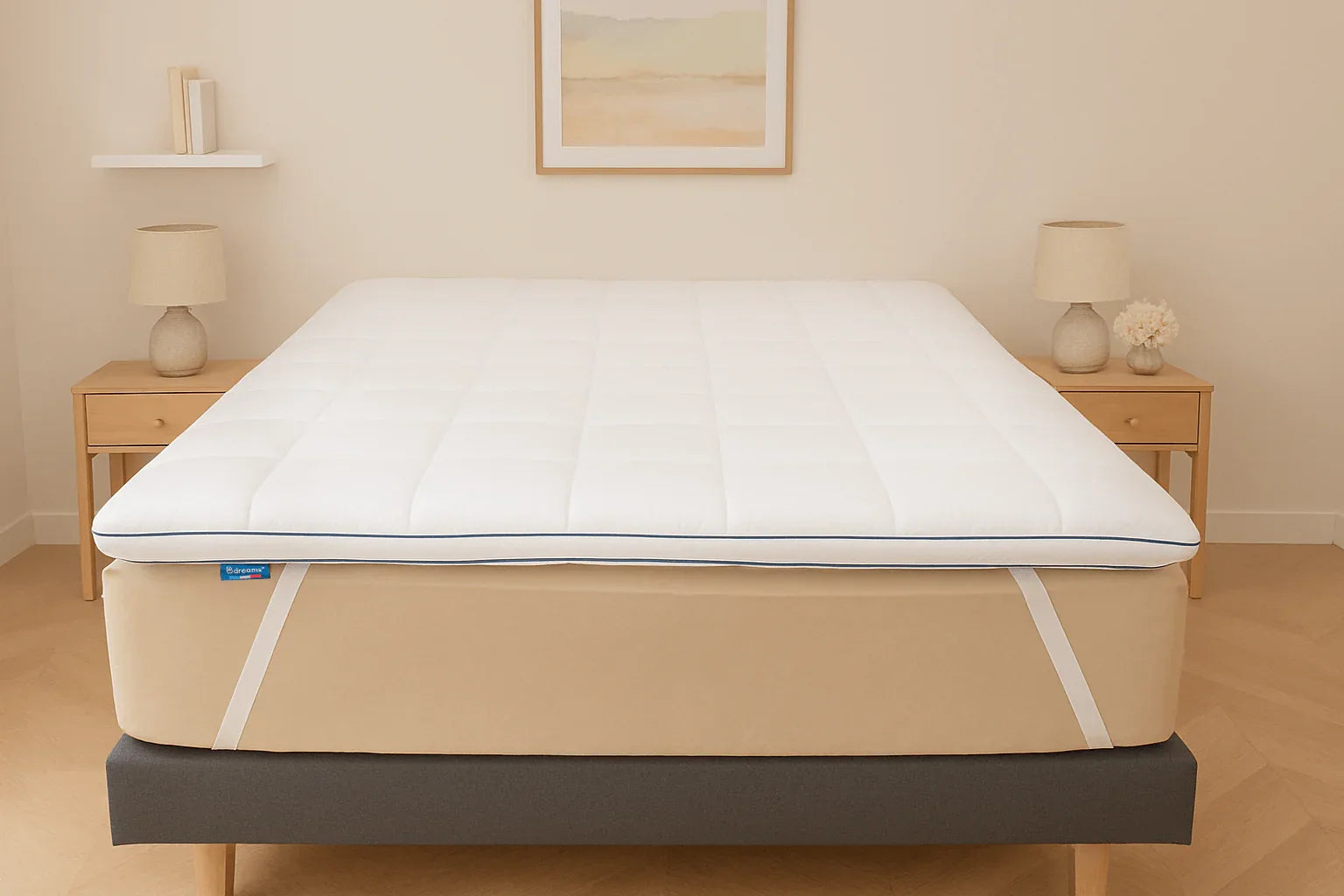
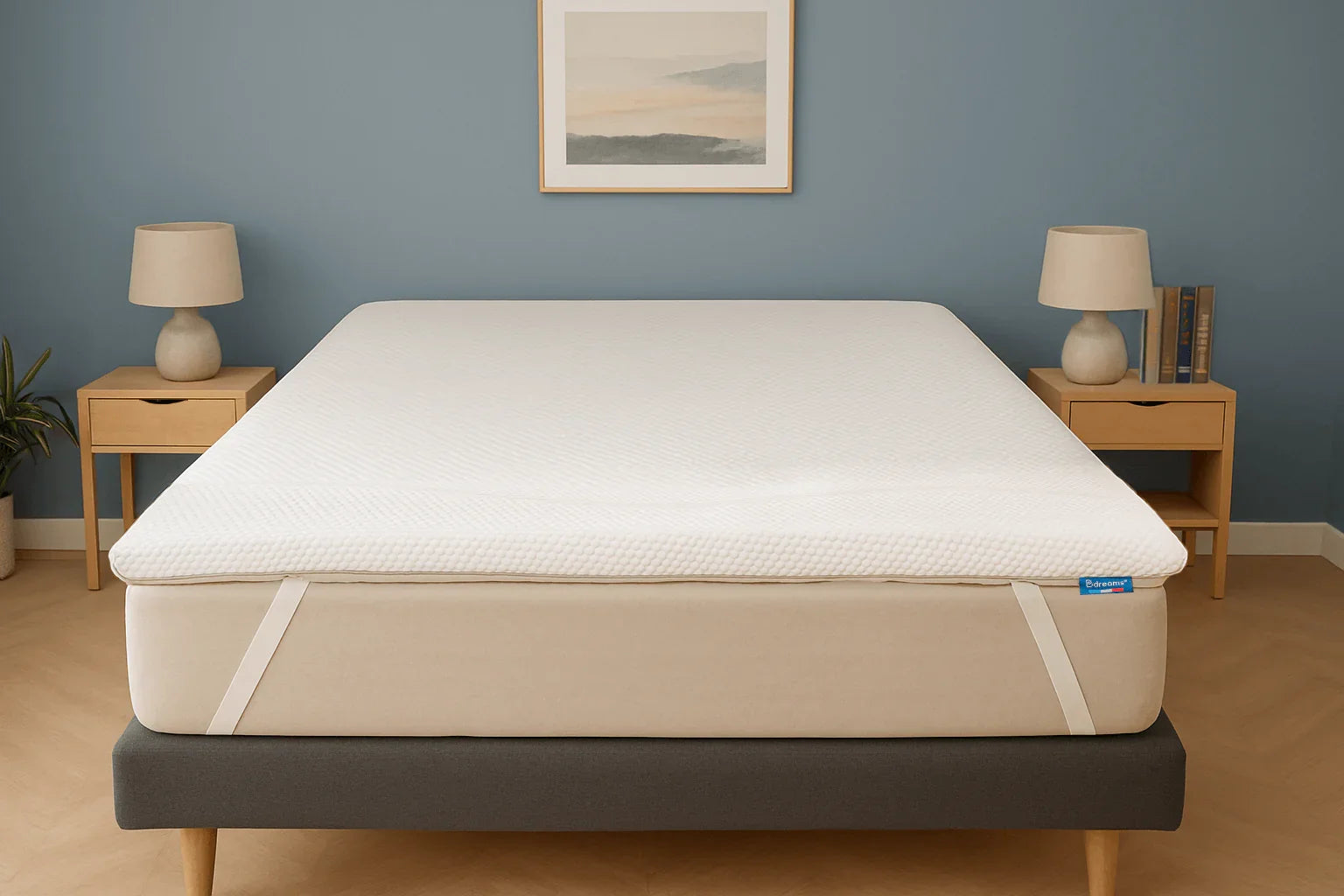
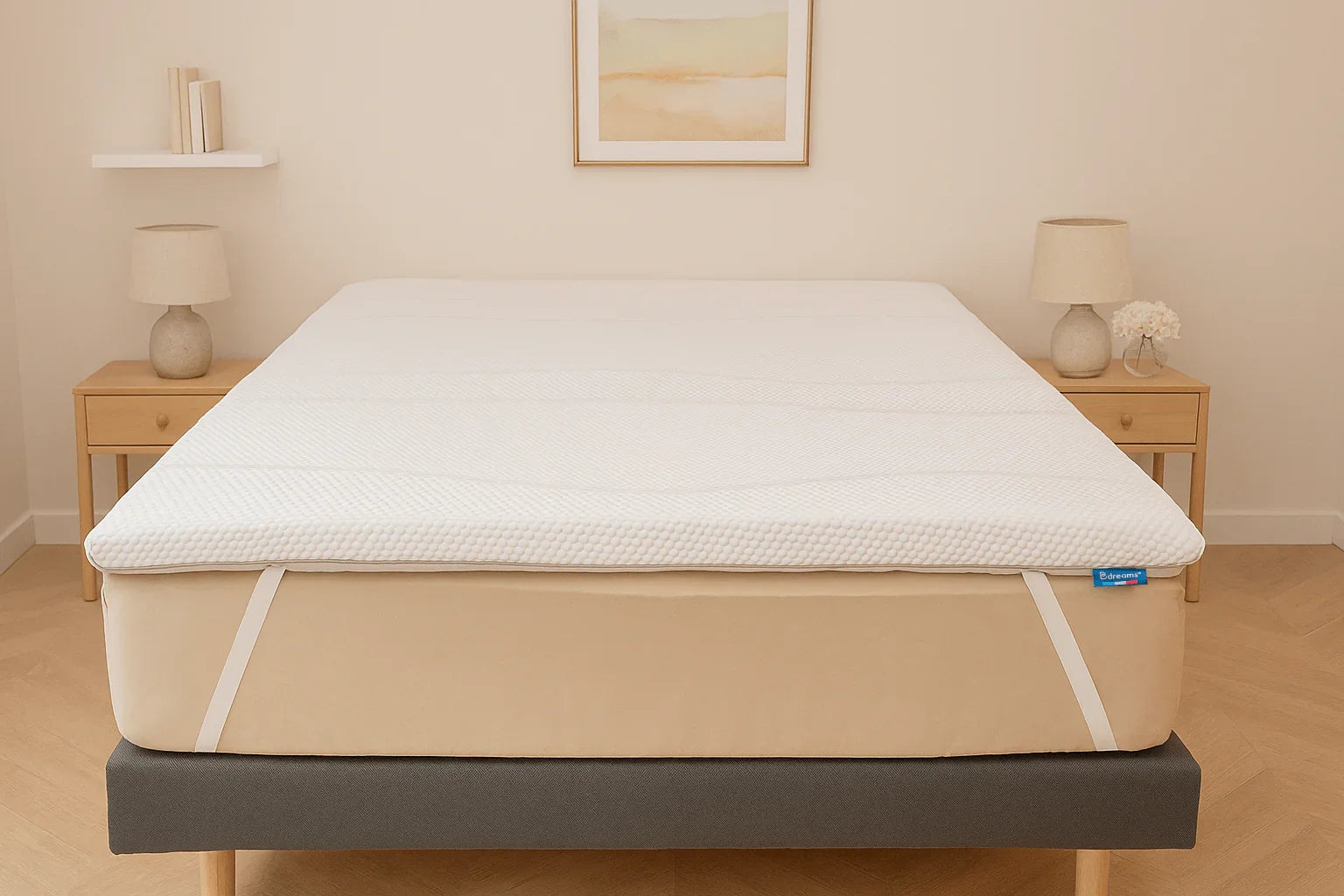
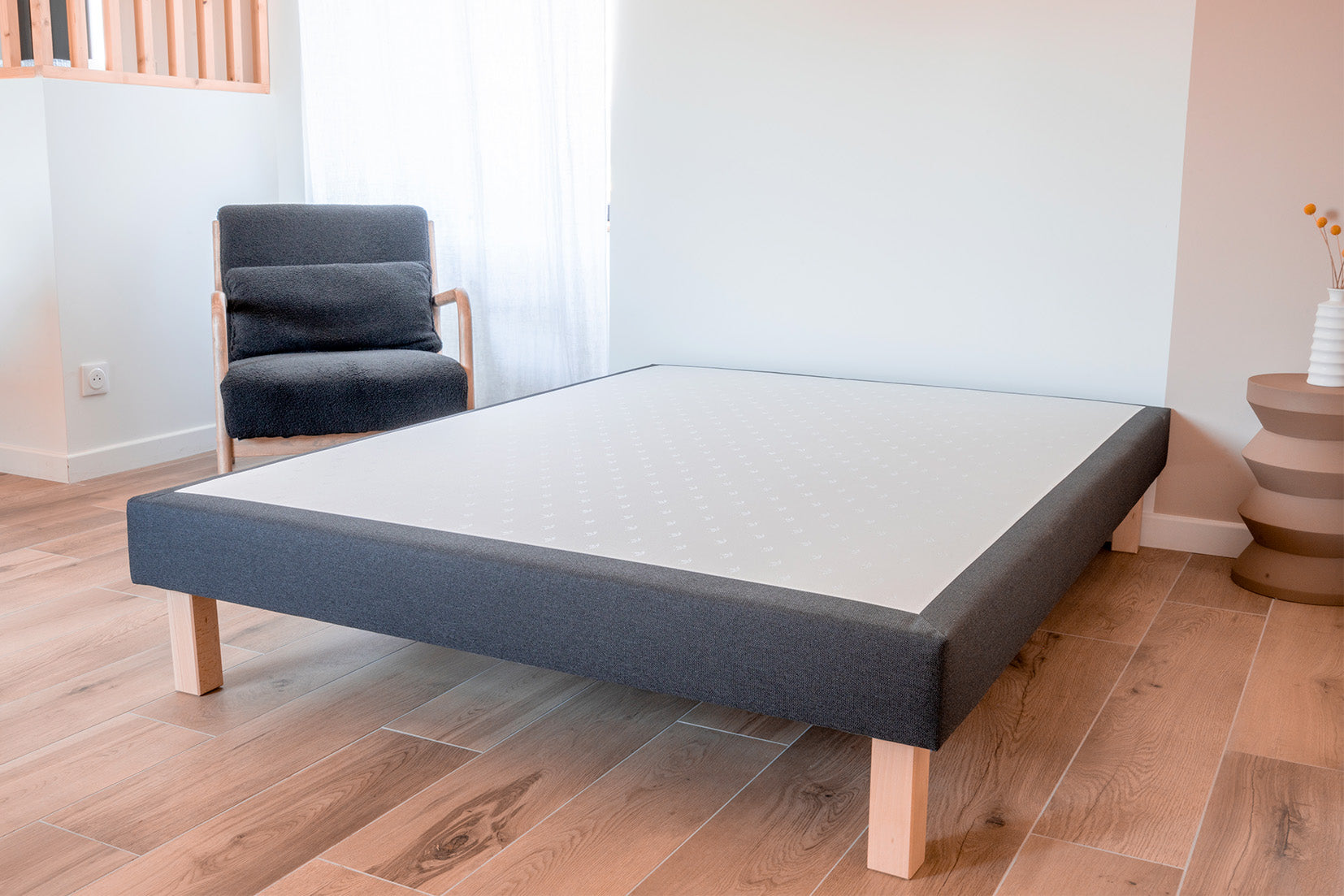
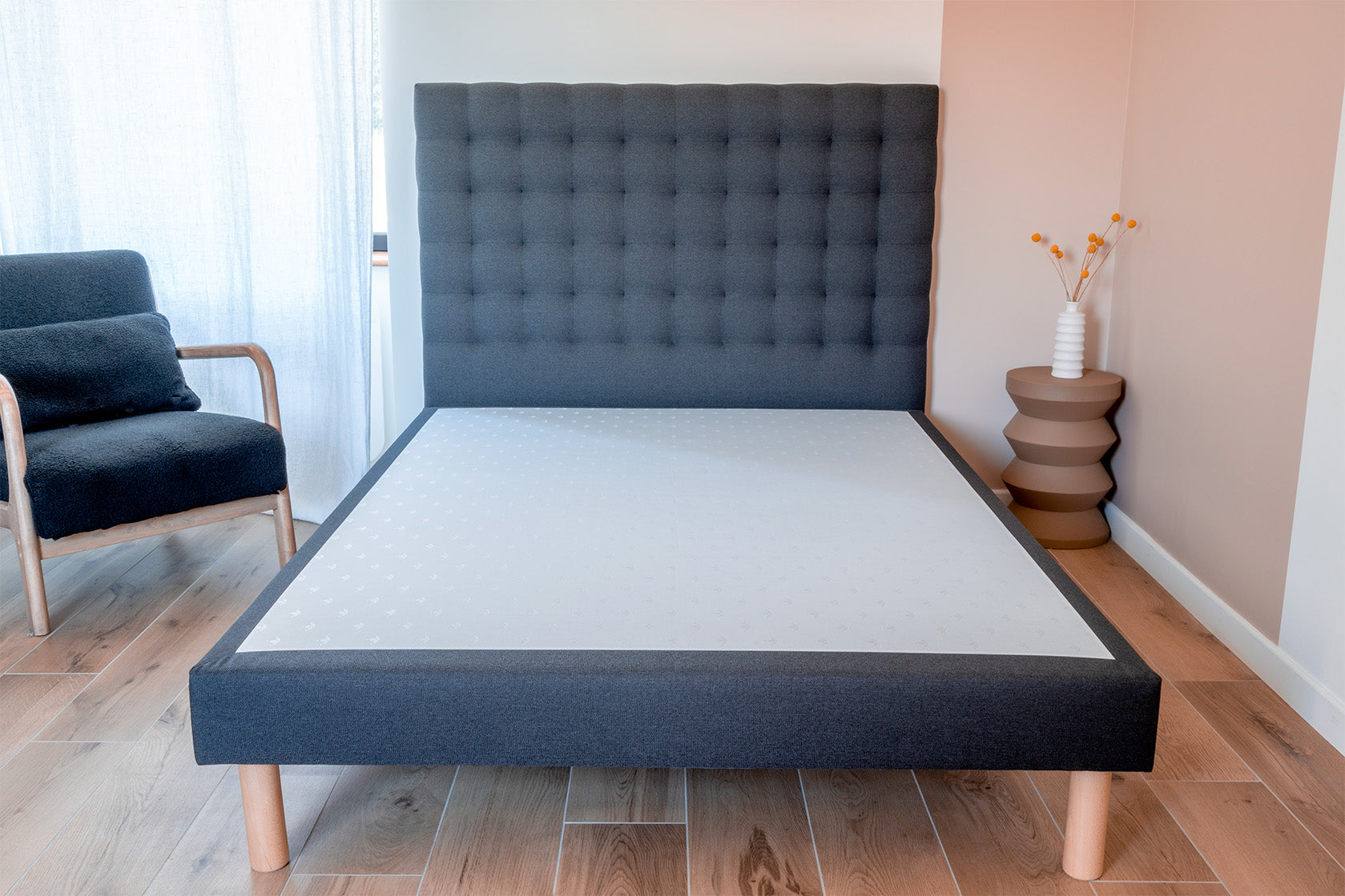
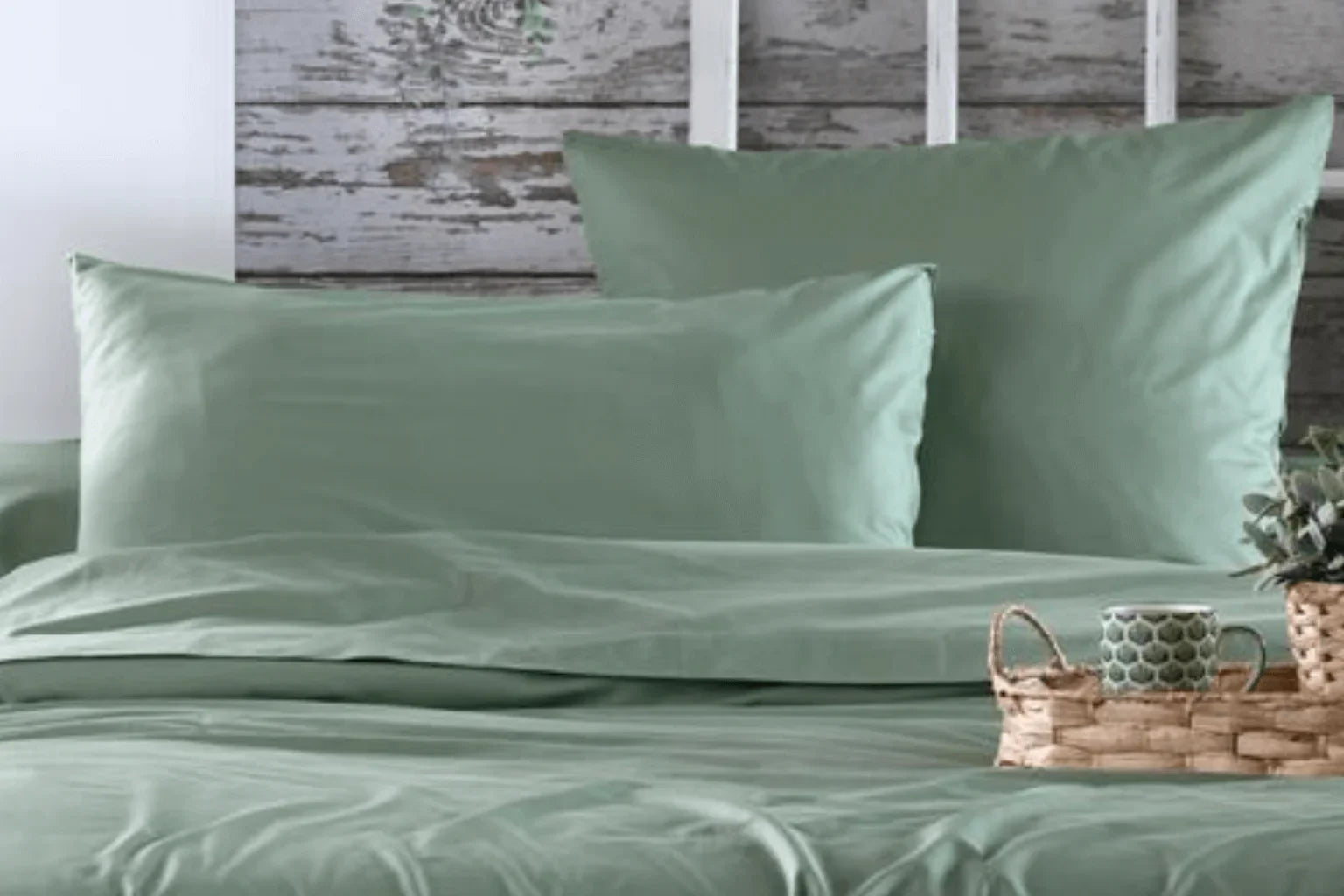
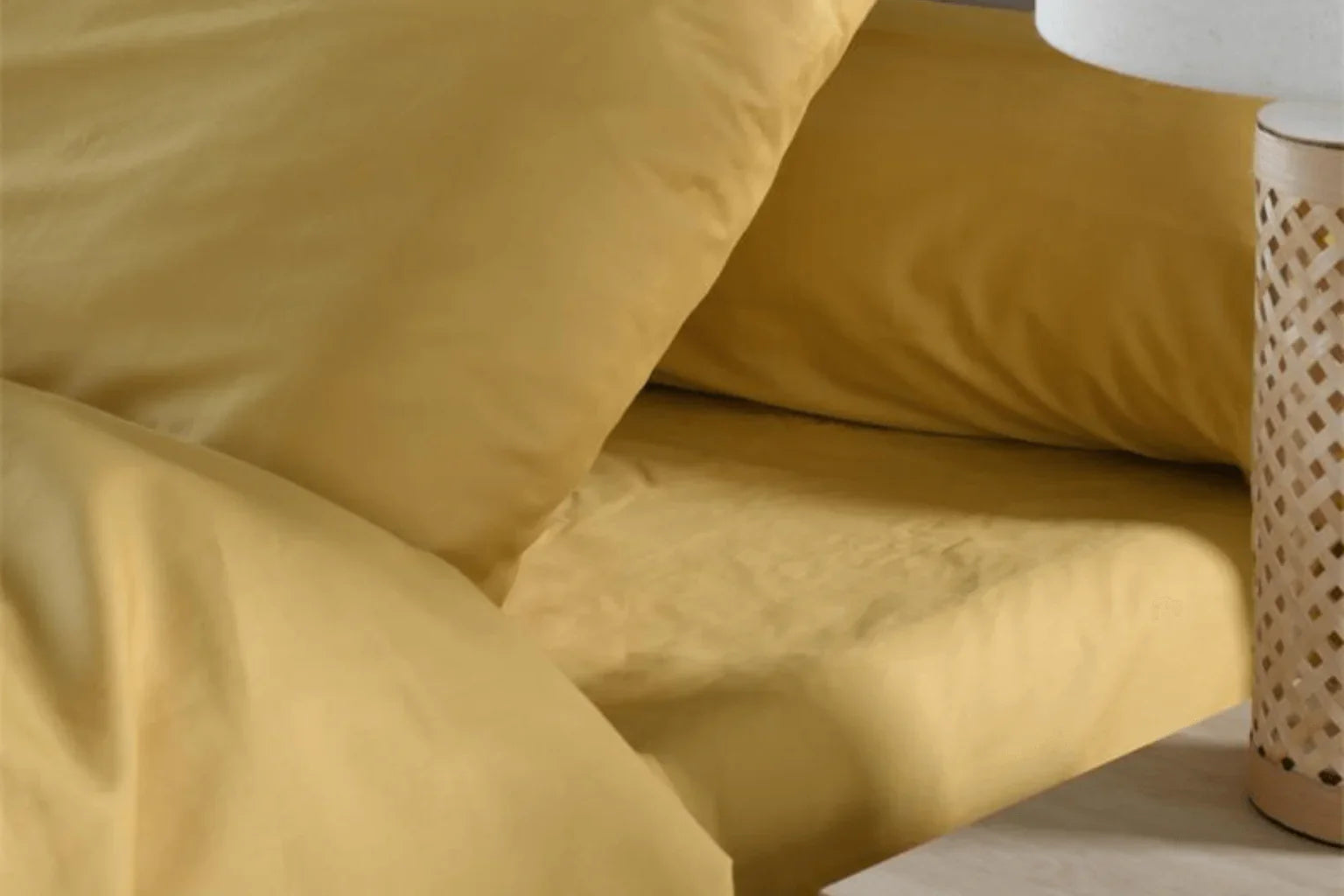
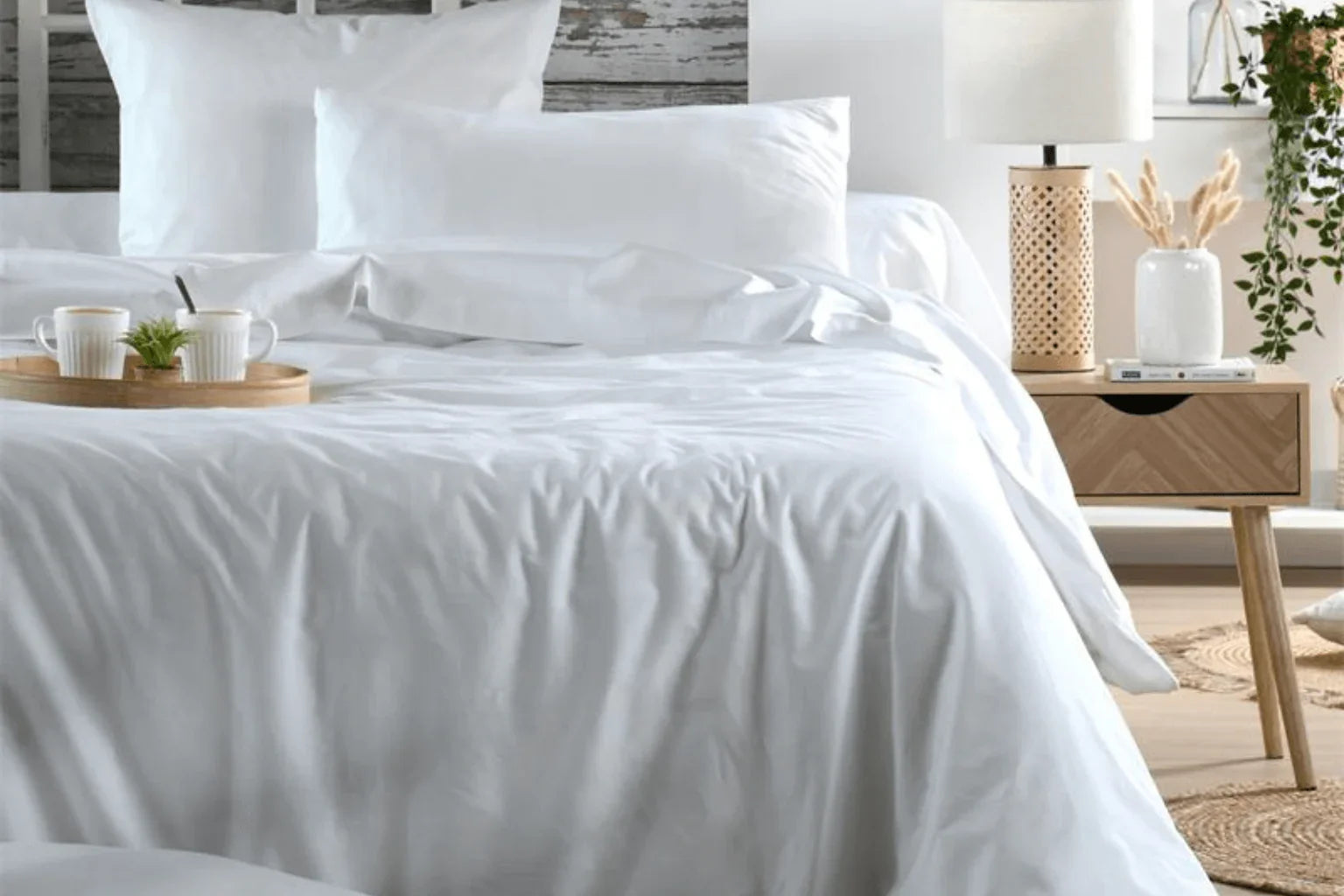
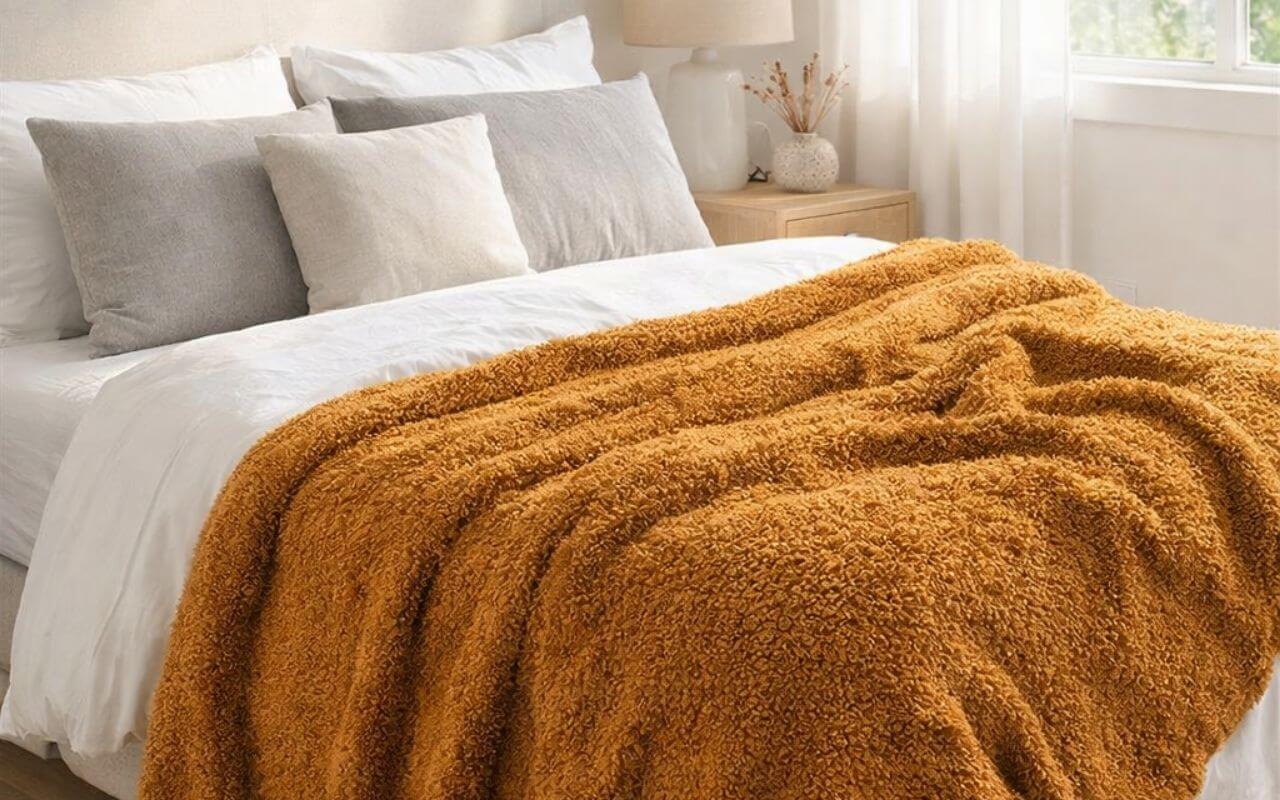
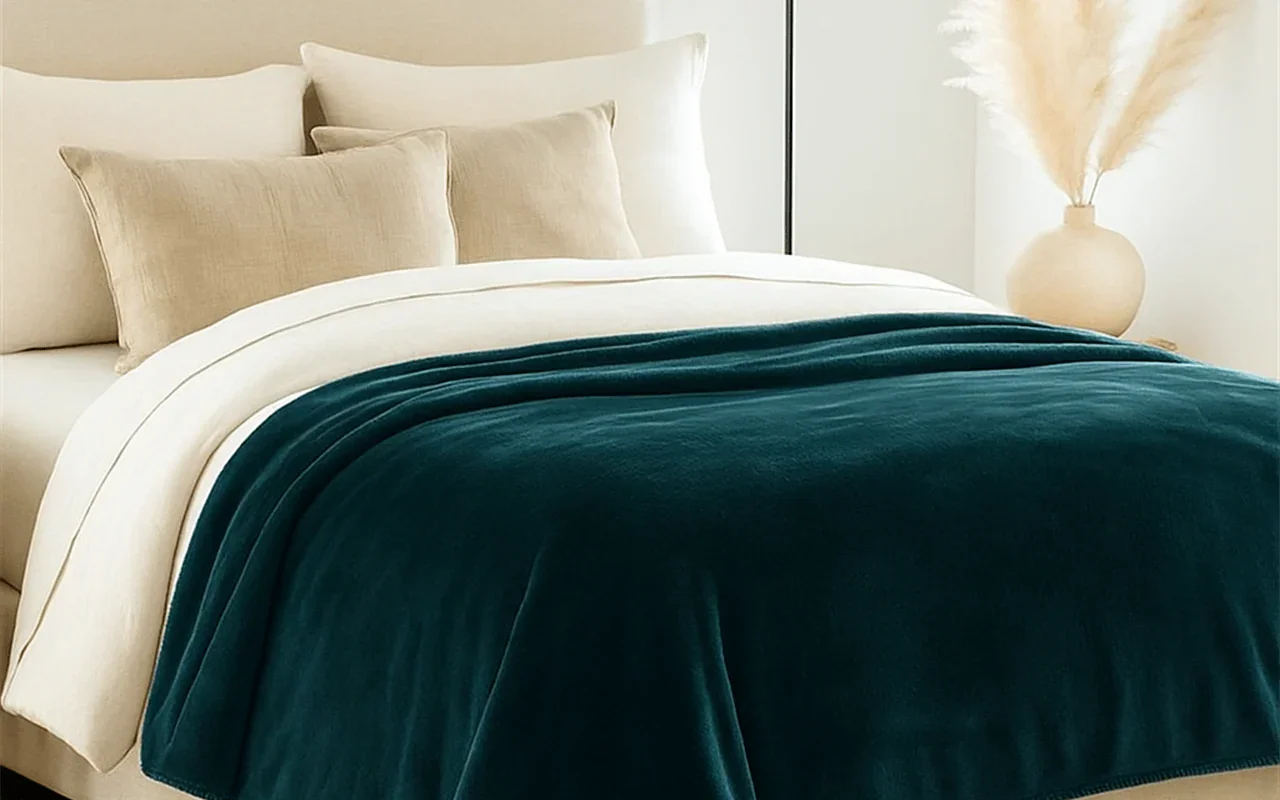
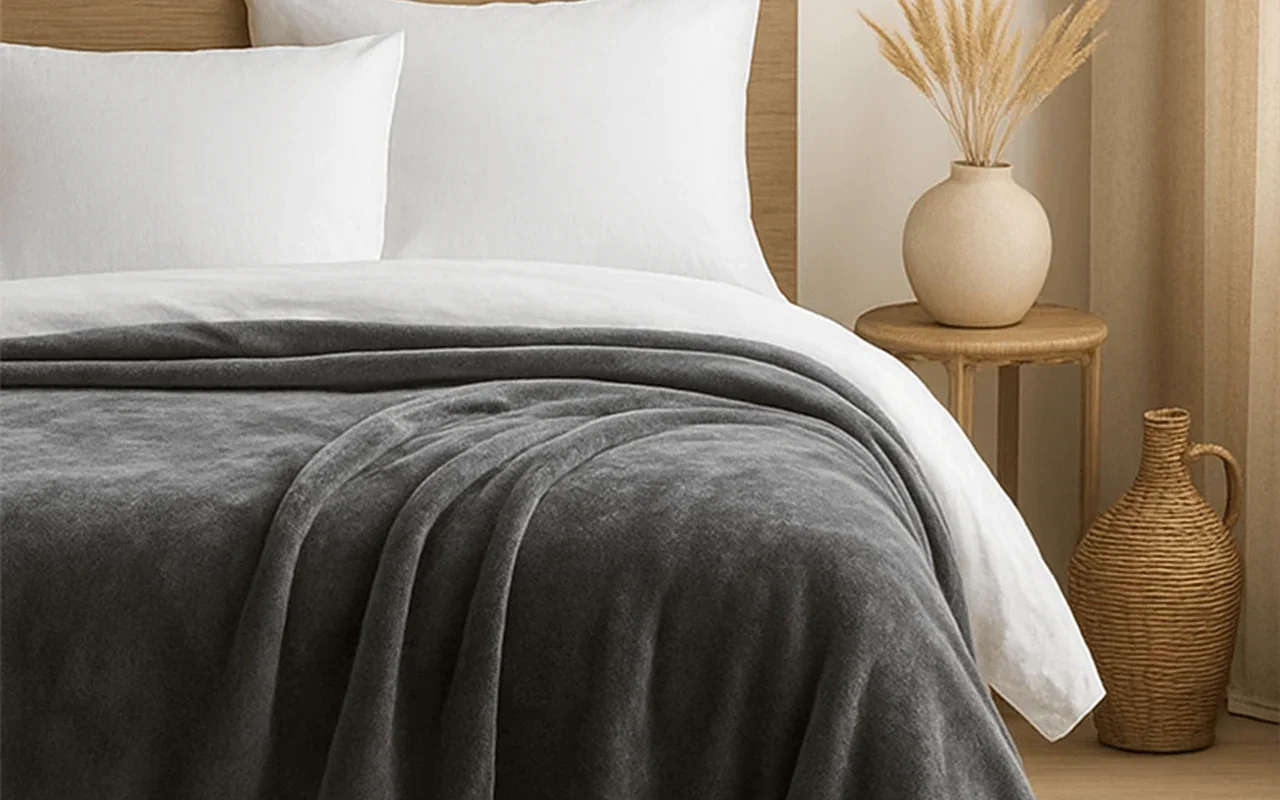

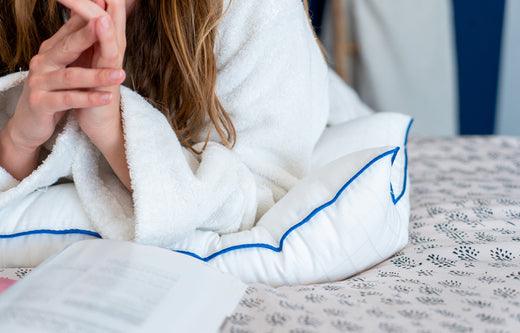

Leave a comment
This site is protected by hCaptcha and the hCaptcha Privacy Policy and Terms of Service apply.